Hundreds of new businesses open every day in Australia where individuals discover the benefits of being able to work for themselves. The important factor to consider if you are planning your own business is to ensure that you have the knowledge, skills, and support to achieve success.
For a lot of people this may be daunting however there are some steps involving proper planning that can be taken to help ensure the road will be relatively smooth.
We recommend you give the following elements some thought:
- Market research: your business idea is obviously inspired but it helps to check you’re not the only one who thinks so. Conducting honest market research will confirm if there is demand for your products or services and that you will have potential clients.
- Writing a business plan: this will help nail down your idea and give you a roadmap for executing your goals and objectives. It will also provide an ongoing reference to analyse outcomes and variances and make changes where needed in the future.
- Types of business structure: Your business structure can affect how much tax you pay, and how you’re treated by the law. The options to consider are either a Sole Trader, Partnership, Company, or Trust so more research may be required.
- Registering a business and legal requirements: Starting a new business in Australia means there are certain rules to follow. It’s not always as simple as opening your doors and then beginning to operate. There can be some important requirements to follow to make sure you’re operating the way you’re supposed to:
- Choosing your business structure (noted in point three above)
- Registering your business name
- Apply for an Australian Business Number (ABN)
- Getting the right business permits and licenses
- Looking into business insurance
- Opening a business bank account
- Marketing and promotions: without clients and a plan to maintain ongoing engagement and relationships with new prospects the business will fail. One of the oldest tenets in business frameworks to guide this process is in the Marketing Mix and the 4P’s marketing method. They focus on:
- Product: each product or service has features and benefits that should be considered to develop a competitive advantage that can be promoted to prospective buyers and clients. You need to research and know what the point of difference is for what you are providing and how you plan to sell it to your target audience. ‘Point of difference’ refers to the factors that make your goods or service different from other products or services against which they are competing. Showing how your product or service is different can go a long way toward making your case for why consumers should buy or use it.
- Price: your prices can influence the number of sales you make and the profit you earn on each transaction. Choosing the lowest price isn’t always the best move. It is important to understand that price is something that buyers keep in mind when shopping around, however, marketing your product or service too cheap can potentially plant seeds of doubt in the customer’s mind around the perceived quality of the product or service on offer. You need look at how you can add value so there is a reason why customers want what you are offering.
- Place: in an ever-changing environment we can connect with customers without being limited by physical locations. This means that we can use a range of strategies, not just one, to service clients eg: a shop, online, direct, distributors etc. When deciding which avenue or channel to use, consider your target market and the logistics involved in getting your products and services to them and how they can easily access your business.
- Promotion: you need a marketing action plan designed to embrace all avenues that will engage and connect to your customers. How will you design your website as it’s the first impression for many customers and prospects. What social media platform will you use and other digital applications to optimise your results. Have you looked at paid advertising, marketing materials, mail-outs and letter drops etc. What other activities can you engage in to promote our business?
- Budgeting and forecasting: It’s time to confirm some numbers on your business idea. Taking the time to develop a realistic forecast of potential income and budgets for expenses will help with that. When linked with a break-even analysis this will help guide planning and management at all stages of the business.
- Record keeping and compliance: If you’re starting a business, then you’ll need to get familiar with some bookkeeping and accounting basics and how you plan to manage your accounts, taxes and other costs that can vary over time as the business grows.
- Ongoing management: Now that you’re in business, you want to stay there. ABS Institute has resources and solutions to help. The business environment is continually changing so the support of a mentor or business coach is critical to maintain a viable and profitable business. With so many variables and impacts coming from both local and global changes that can affect business operations we always need the advice and guidance from professionals with experience in business and financial management.
If you want more help to know how to start a business and be able to access coaching support when you start operating, then contact ABS Institute.
We have a range of free government funded programs that will assist you every step of the way. Eligibility requirements apply so please visit our website for more details at www.absinstitute.com.au
Article by: Mark Van Lith


